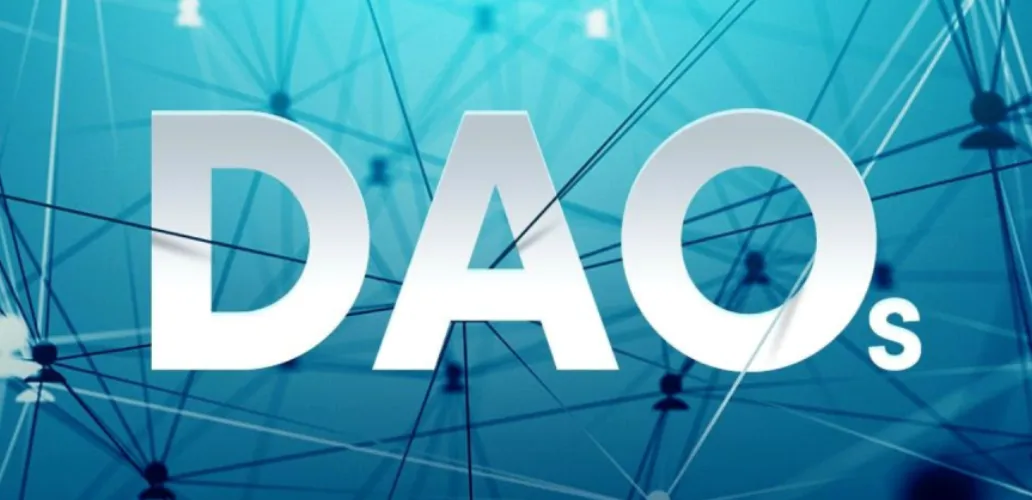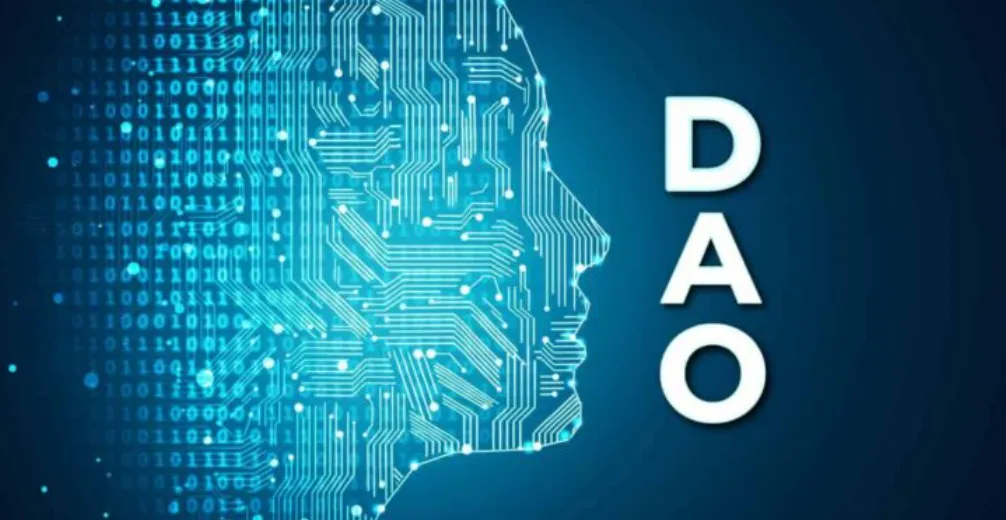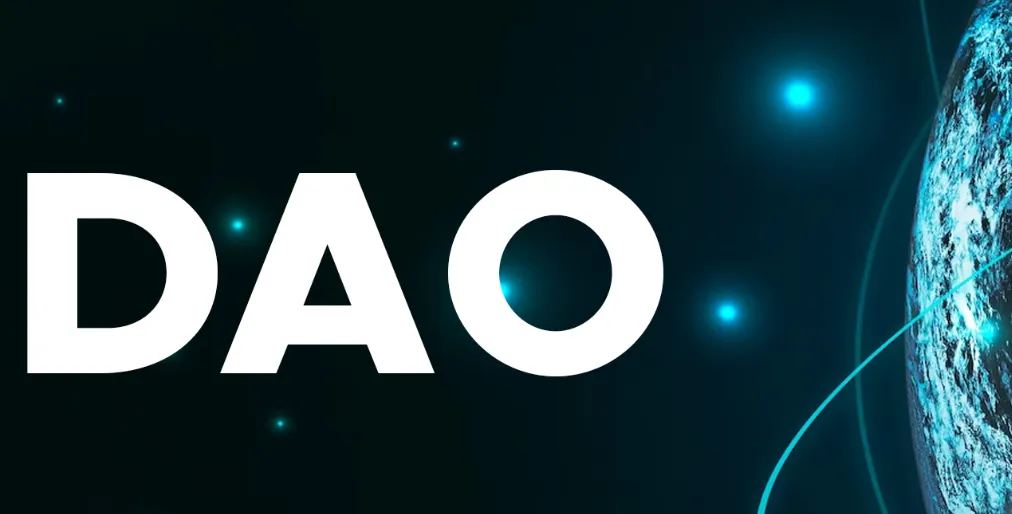DAOs: The Next Evolution of Governance in DeFi
In traditional organizations, decisions are made in private — executives decide, and customers adapt. Decentralized Finance (DeFi) challenges this model through Decentralized Autonomous Organizations (DAOs), where governance power is placed directly in the hands of the community.
Instead of relying on a boardroom, DAOs let members propose and vote on changes. Smart contracts then execute decisions automatically on the blockchain, ensuring transparency and efficiency.
This guide explores what DAOs are, why they matter, and which ones are shaping the decentralized governance landscape.

What Is a DAO and Why It Matters in DeFi
A Decentralized Autonomous Organization (DAO) is a blockchain-based governance model where decisions are made collectively rather than dictated by a central authority.
Core Features of DAOs:
-
Decentralization: No single controlling entity.
-
Transparency: Every action is stored on the blockchain.
-
Autonomy: Smart contracts enforce decisions without intermediaries.
-
Community Governance: Token holders vote on proposals.
In DeFi, DAOs oversee liquidity management, protocol upgrades, reward distribution, and community initiatives.
The First DAO and Its Lessons
The DAO concept gained prominence in 2016 with “The DAO,” a decentralized venture fund on Ethereum.
The DAO Hack:
-
Raised over $150 million in ETH, a record-breaking event.
-
Exploit in its code led to a $50 million theft.
-
Caused a split in the Ethereum community, leading to ETH and Ethereum Classic (ETC).
While it failed, it highlighted the importance of security, governance design, and smart contract auditing.
Types of DAOs
DAOs exist in different forms and serve various purposes:
-
Protocol DAOs: Govern DeFi platforms like Uniswap, Aave, MakerDAO.
-
Investment DAOs: Pool funds for investments, e.g., The LAO, MetaCartel Ventures.
-
Collector DAOs: Focus on NFTs, such as PleasrDAO.
-
Social DAOs: Community-driven networks like Friends with Benefits.
-
Service DAOs: Web3 service providers like Raid Guild.
-
Grant DAOs: Fund open-source development, e.g., Gitcoin Grants.
💡 STON.fi DAO is a Protocol DAO in its early stage, managing the STON.fi DEX on the TON blockchain.

Why DAOs Are Important
DAOs are redefining decision-making by giving control to communities. They offer:
-
Transparency: All actions are public and verifiable.
-
Community-Driven Growth: Token holders directly influence direction.
-
Aligned Incentives: Members benefit from a project’s success.
-
Agility: Fast changes without corporate red tape.
For businesses, DAOs mean:
-
Faster governance cycles.
-
Trust via open processes.
-
Growth powered by user engagement.
Top DAOs in DeFi
Some DAOs control billions and steer major protocols:
-
Uniswap DAO: Manages the largest DEX.
-
MakerDAO: Oversees DAI stablecoin.
-
Aave DAO: Runs one of DeFi’s biggest lending protocols.
-
Lido DAO: Leads liquid staking solutions.
-
Curve DAO: Directs liquidity and yield strategies.
-
Gitcoin DAO: Funds Web3 open-source projects.
-
Jupiter DAO: Guides Solana’s main liquidity aggregator.
💡 To track DAO proposals and votes, check Snapshot.box, an aggregator for governance activity across ecosystems.

Final Thoughts
DAOs are reshaping governance across DeFi, NFTs, and Web3 communities, replacing opaque corporate hierarchies with transparent, democratic participation.
If adoption continues, DAOs could become the standard model for running decentralized projects — potentially making traditional corporate structures obsolete.